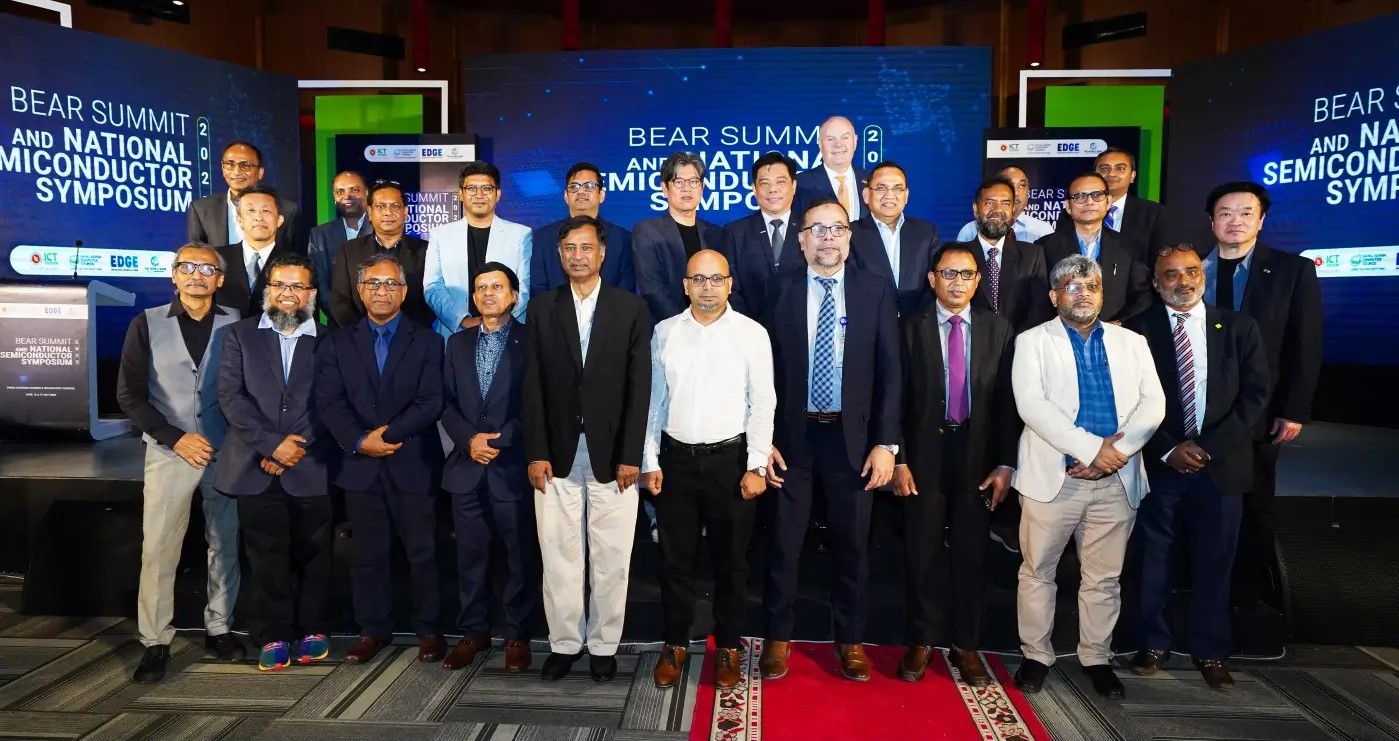
For the first time in Bangladesh, a two-day-long BEAR Summit and National Semiconductor Symposium 2025 was held at the National Science and Technology Complex, Agargaon, Dhaka. The country’s leading semiconductor company, ULKASEMI, actively participated in this landmark event, which brought large-scale discussions and engagements around the country’s growing semiconductor industry.
Organized jointly by the ICT Division, EDGE Project, and Bangladesh Computer Council (BCC), the event was attended by Fayez Ahmad Tayyeb, Special Assistant to the Chief Adviser, along with representatives from the Bangladesh Semiconductor Industry Association (BSIA), policymakers, technologists, academics, entrepreneurs, and researchers from across the country.
One of the highlights of the symposium was the vibrant participation of students from Bangladesh University of Engineering and Technology (BUET), University of Dhaka, Military Institute of Science and Technology (MIST), AIUB, BRAC University, and other institutions nationwide.
Professor Md. Mostafa Hossain of Padru University, also the convener of the symposium, said: “In the context of the Fourth Industrial Revolution, Bangladesh must prioritize semiconductors to build its future capabilities. This symposium is a step toward that vision.”
Ulkasemi, one of the country’s leading semiconductor design-based companies, made a strong presence throughout the event. Its CEO and President, Mohammad Enayetur Rahman, joined a panel discussion on the semiconductor industry and remarked:
“This is the first time such a large-scale event on semiconductors has been organized in Bangladesh, and we are delighted to be part of it. Seeing the direct participation and enthusiasm of students has been truly inspiring. Their passion signals a promising future.”
He further emphasized: “To move this promising industry forward, we need skilled manpower. Bangladesh has the potential to develop world-class semiconductor design talent. But to achieve that, we require policy support, research and training frameworks, and strong public-private partnerships.”
The panel discussion also featured senior ICT Division officials, university professors, international consultants, and industry leaders, including Ulkasemi. Key issues highlighted included updating academic curricula, strengthening industry-academia collaboration, and creating an investment-friendly environment for foreign investors.
The symposium’s biggest draw was undoubtedly the participation of university students. They explored technology exhibits, interacted with company representatives, and gained hands-on exposure to semiconductor technologies.
At Ulkasemi’s booth, many students engaged in direct conversations about engineering challenges, career planning, and training opportunities, while also expressing keen interest in future internships and job placements.

